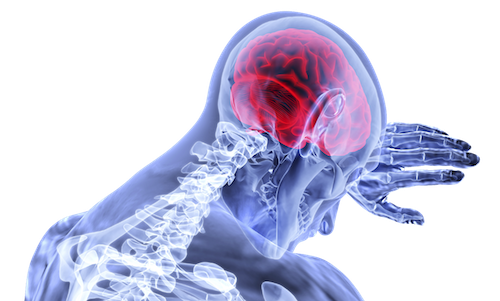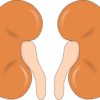Why is it, most of the times, that our cars, houses and other possessions get more attention than our bodies? We use the body to get the possessions. Wouldn’t it make sense to have it as first priority?
We are here encouraging you to consider and find out the benefits of treating your body right. This starts with getting to know how it works!
Alright!
Similar to a builder, we must start at the foundation. True science calls it anatomy and physiology.
Anatomy & Physiology
Anatomy is defined as “the branch of science concerned with the bodily structure of humans, animals, and other living organisms, especially as revealed by dissection and the separation of parts”. (Cambridge dictionary)
In essence this means, we may learn the body’s smallest building blocks, such as cells, how they form tissue and how tissue different organs. These range from, kidneys, eyes, liver, stomach bones etc. Christ said in prediction of His torture, “I may tell all my bones” (Psalms 22:17).
We are encouraged to be able to tell, or to know our bones and other body structures as it on this good health will be built.
Anatomy is as the branch of science concerned with the bodily structure of human organisms, especially as revealed by dissection and the separation of parts
Physiology on the other hand is defined as “the branch of biology that deals with the normal functions of living organisms and their parts”.
Here we may learn the play between different organs of the body. What value is there if we have no conception of what benefits the liver or the already mentioned bones, contributes to life?
Take digestion for instance, which includes the use of the mouth, teeth, saliva, the food pipe, stomach, intestine and others; a system of organs are synchronised is such a way as to take responsibility in breakdown of food. The part is so important as to make up the whole. This is used as an illustration by Paul of Tarsus were the body represent Christ’s church, and every member (or organ in our case) is a crucial part (1 Corinthians 12:12)
Cycles & Routines
Having understood our physiology, it’s of benefit to get informed of the routines and cycles that are involved in ideal health and how to maintain them in an optimal way. Despite their importance, they overlooked by many.
Take for instance your patterns of sleeping, eating, work, exercise, etc. When these are not correct, or not consistent, the physiology as we have now learned, suffers and the organs potential become damaged.
This imbalance is then called disease. When the wiseman once said, “To every thing there is a season, and a time to every purpose under the heaven” (Ecclesiastes 3:1), little did he know how far extending that truth was. All the healthy activities of life must have correct cycles and routines.
Good foods & Its preparation
Optimal efficiency requires optimal fuel. Like everything else on the list, leaning what is the best foods for the body is absolutely vital. Howbeit, it is worth highlighting as it is mostly here that most of us fall short, and correction here does bring remarkable results.
The best food for our bodies can be thought of as, that which provides optimal benefits, while not harming the body. Food such as nuts, seeds, grains, fruits and veggies are well-calculated to nurture the body very well and of it is said, that this “forth food out of the earth” “to you it shall be for meat“ (Genesis 1:29; Psalms 104:14), meat meaning food.
Equally important is to know how to appropriately prepare the food; that it may be good to look on, smell and taste, with the goal of having it as nutritious, fresh and live as possible.
There’s no law that can speak against temperance, and this a habit that every thinking person is encouraged to develop.
Temperance
The wisest man ever lived, King Solomon, once said, “Blessed art thou, O land, when thy king is the son of nobles, and thy princes eat in due season, for strength, and not for drunkenness!” (Ecclesiastes 10:7) Thus we learn the importances of regulation in meals, but also temperance, here referred to as eating sufficiently for strength or health and not for excess.
Temperance relates to self control and moderation. Moderation is defined as “the avoidance of excess or extremes” and deals particularly with “habitual moderation in regard to the indulgence of the natural appetites and passions; … as temperance in eating and drinking; … other indulgences”. (Oxford Dictionaries.com)
Once we learn what the good habits of exercise, working, resting and eating are, then we should apply these in moderation, while discarding all unhealthful habits.
Paul of Tarsus highlighted that temperance life-essential and beneficial character trait to have, and one which would encourage every thinking person to develop.
References
Anatomy & Physiology – Psalms 22:17; 1 Corinthians 12:14,24-26
Cycles & Routines – Ecclesiastes 3:1; Proverbs 16:11
Good foods & Its preparation – Genesis 1:29; 9:4; Deuteronomy 12:23
Temperance – Ecclesiastes 10:17; Galatians 5:22-23










